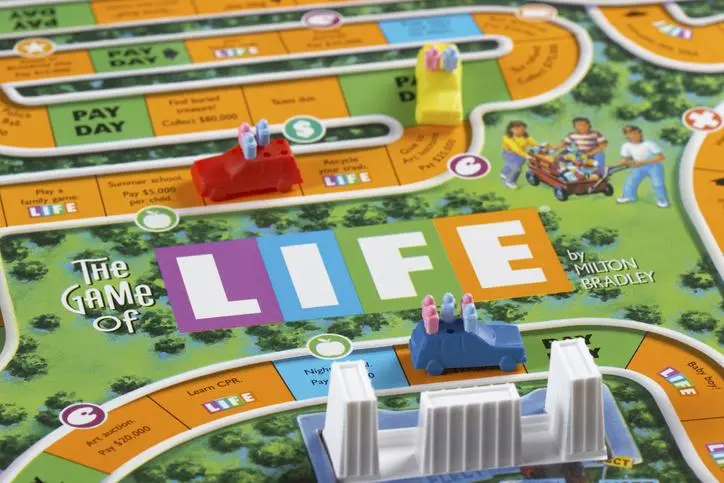
By Jeff Bernier
I was at a conference years ago when a speaker walked onto the stage, looked directly at the audience, and asked this question: “At what age are you going to die?”
It may sound morbid, but he was making a great point. Everyone in the audience had a different answer, and every answer was based on ideas they had formed based on how long their parents and grandparents lived, their own health and lifestyle, and much more. If you’re like most people, you have ‘your number’ in your head. But what most people don’t consider is that modern medicine, better living conditions, more healthy work environments, and other factors all add up to create much greater longevity. According to recent research , the life expectancy of a 50-year old has increased by an incredible 33 years over the past century. What the facts tell us is that almost everyone’s number—including yours—is probably flat out wrong.
That’s great news! But it creates a quandary few of us have planned for. Consider this: If you live an extra 5, 10, or 15 years beyond your number, how do you want to live those extra years? What would you like your relationships to look like? What about your spiritual life, your financial life, your physical health, and even your purpose? Are you investing the time, energy, and resources to build the kind of life that provides all the things you want and need in those ‘extra’ years of life? In other words: Are you playing the long game?
How we play this game of life matters in everything we do. I know that if I want strong, valuable relationships with my kids when I’m 85, I need to invest the time today to maintain those connections—even when work and friends and golf try to get in the way. I know that if I want to be mobile and independent when I’m 85, I need to invest the energy now to work out and stay fit.
And I know that if I want to be financially secure, I need to invest my resources to be sure my money outlives me—not the other way around. But sometimes that’s all easier said than done. After all, the short game is easier, faster, and downright seductive.
That can be especially true with investing. In a world of smart phones and microwaves, we’re used to getting immediate rewards for everything we do. We have information, people, and even a fully cooked meal at our fingertips in seconds. That reality can make the long game of investing feel outdated and boring. Even worse, as the stock market fluctuates and moves through its very normal cycles of positive and negative returns, our short-term mentality can make it feel like the losses are outpacing the gains. But the facts tell a very different story.
The chart below illustrates the percentage of positive returns for the S&P 500 from 1926-2017.
Does it surprise you? It’s no wonder. I recently saw a statistic that said that the S&P 500 is positive for about 52% of the trading days—only slightly better that 50% of the time. Which means if you check the stock market on your smart phone every day, about half of the time you are likely to feel like you’re losing. And yet, over the long term, positive returns have been a historical given.
Yet even with your new longer life in mind, you may be thinking, “That’s great for anyone who’s been investing since 1926… I don’t have that long!” But again, the facts tell a different story. Looking at those historical returns, you can see that if you checked your portfolio balance quarterly, you’d be unhappy about 30% of the time. If you checked it annually, you’d be unhappy about 26% of the time. But if you only checked every 10 years, you’d be happy 95% of the time, (the depression and the financial crisis being the notable exceptions), and if you were Rip Van Winkle and you checked it only after 20 years, every day would be a happy one—all the way back to 1926.
Of course, your financial life is just one piece of a life well lived, but the returns in every area of your life may be just as joyful if you learn to focus not on immediate gratification, but on long-term gains. As we begin the New Year, I urge you to play the long game in everything you do. It may not be the easiest or fastest way to the greatest riches, but in the game of life, it’s the surest way to be make certain your ‘extra’ years—and every year—are filled with the kind of happiness we all wish for.
[1] Max Roser (2018) – “Life Expectancy”. Published online at OurWorldInData.org. Retrieved from: ‘https://ourworldindata.org/life-expectancy’ [Online Resource]






